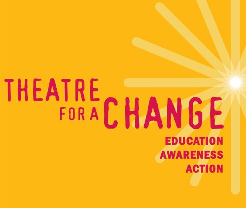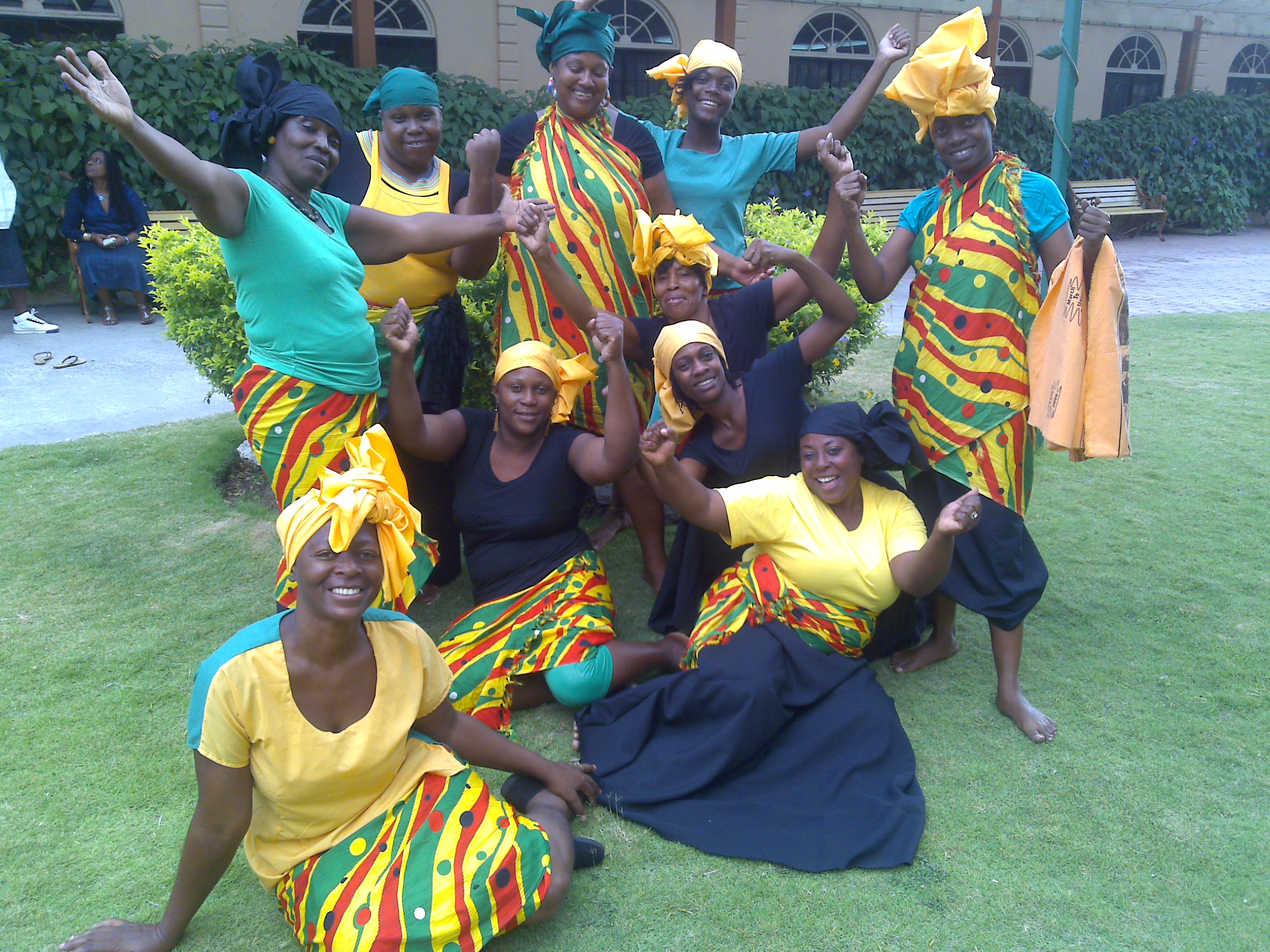- Learn the facts about sexual and reproductive health in innovative ways
- Investigate the reality of their experience of gender, relationships and sexuality
- Explore how behavioural patterns are manifested through voice, movement and space
- Develop communication skills to enable them to change their behaviour and negotiate their relationships positively and safely
- Practice these skills in action in challenging situations in the safe arena of the workshop
The workshops are highly participatory, with audiences directly involved by being invited into the acting area to try to find practical strategies for changing the behaviour of the characters. These are powerful forums for developing dialogue with interest groups such as parents about gender and sex education and for the advocacy of children's rights
Behaviour which may have seemed fixed becomes open to the possibility of being transformed. In this way, interactive theatre is a rehearsal for changing behaviour in life, and contributes to participatory health and sex education, awareness raising, stigma reduction, self-advocacy by young people and bottom-up policy making.
Theatre for a Change has coached a core team of Malawian trainers who will be posted to Teacher Training Colleges. Over the next four years, they will train 7,200 pre-service teachers be able to protect themselves, and the children they teach, from HIV infection. The teachers who TFAC trains will engage 72,000 children and young people in dynamic and exciting approaches to behaviour change and the promotion of girls' rights. The programme is funded by Medicor, The British Council, GTZ and ArtVenture
In the last five years TC has:
- Trained over 5,000 teachers in Malawi, Ghana, Togo, and Burkina Faso
- Positively impacted on the lives of 20,500 children, giving them key communication skills in assertiveness and negotiation
- Worked with high-risk and typically excluded groups such as sex workers and fishing communities.



